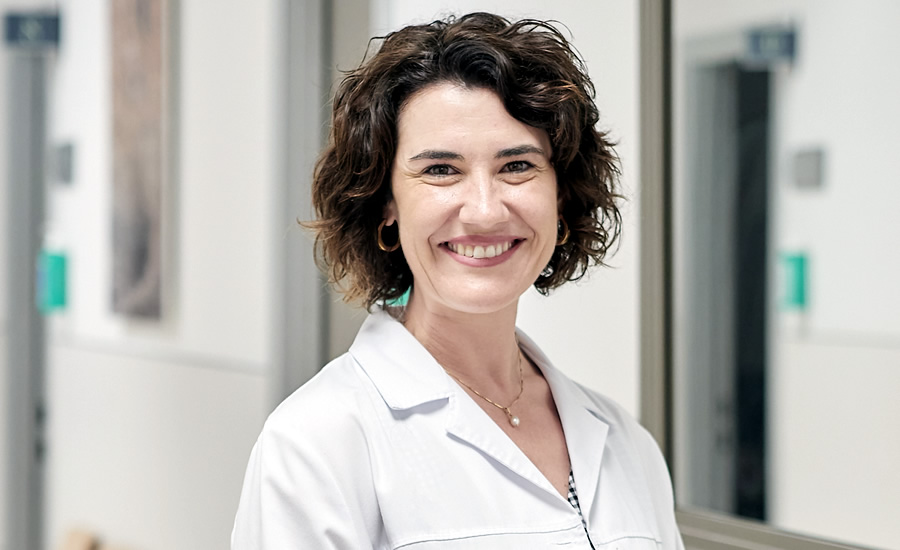
This disease, which is asymptomatic in most cases, is one of the most difficult to detect.
Hospiten recommends regular check-ups for the early detection of ovarian cancer in its early stages. This oncological disease is characterised by the lack of symptoms and, therefore, the difficulty in detecting it. Hospiten reminds us that routine gynaecological check-ups, in which an adnexal mass suspicious of malignancy can be detected, allow this cancer to be diagnosed in its early stages, which completely changes the patient's prognosis.
This disease has an incidence of 9.4 cases per 100,000 women per year in Spain, and although it is not the main cause of death in this health area, it does have a high mortality rate.
The specialist in Gynaecological Oncology at the Hospiten Rambla University Hospital, Dr. María Laseca Modrego, explains that this is because 70% of diagnoses occur in advanced stages. "This happens for two reasons: the absence of a good screening method for early diagnosis and the absence of characteristic initial symptoms," she says.
"As there are no visible signs of the disease in the early stages of cancer, and no specific pattern of symptoms in advanced stages, it is difficult to treat the disease early," she adds. Dr Laseca explains that "some of the most common symptoms are abdominal discomfort, gastrointestinal problems or other urinary symptoms. However, it is difficult to define an exact characteristic presentation. As a consequence of this inaccuracy of symptoms, almost all patients tend to see digestive and other specialists first rather than gynaecology," she says.
With regard to treatment, the specialist states that surgery and subsequent chemotherapy is the most common, always depending on the stage of the disease. "In advanced stages, the corresponding treatment would be cytoreductive surgery and chemotherapy, although the order of the treatments can be interchanged depending on the characteristics of the patient," she explains.
On new therapies, Dr. María Laseca states that there are new targeted therapies that have recently been included to treat the presence of these tumours, highlighting PARP inhibitor treatments. "This therapy is designed for patients who present a mutation in the BRCA gene or homologous recombination deficiency and has demonstrated a significant increase in the survival of patients with ovarian cancer without reducing their quality of life," she concludes.
Hospiten reaffirms its commitment to the wellbeing of patients through regular preventive check-ups to detect and treat this type of illness as quickly as possible. The team of healthcare professionals continues to incorporate techniques that help to improve the quality of services and people's health.
About Hospiten
Hospiten is an international healthcare network with more than 55 years of experience committed to providing the highest quality service, with 20 private medical-hospital centres in Spain, the Dominican Republic, Mexico, Jamaica and Panama, as well as 175 outpatient medical centres, under the Clinic Assist brand. Founded by Dr. Pedro Luis Cobiella. It attends more than three million patients a year from all over the world and has a staff of more than 5,000 people, a workforce that will be strengthened in the Madrid region thanks to the construction of a general university hospital in Boadilla del Monte, which is due to be completed in 2026.
MD Anderson Cancer Centre Madrid – Hospiten is a subsidiary of the prestigious MD Anderson Cancer Centre in Houston, Texas, USA. With more than twenty years of history in our country, MD Anderson Madrid – Hospiten currently has a Phase I Clinical Trials Unit, more than 150 medical specialists trained in oncology, a total of 87 hospital beds and state-of-the-art technological equipment for the diagnosis and treatment of different types of cancer.
